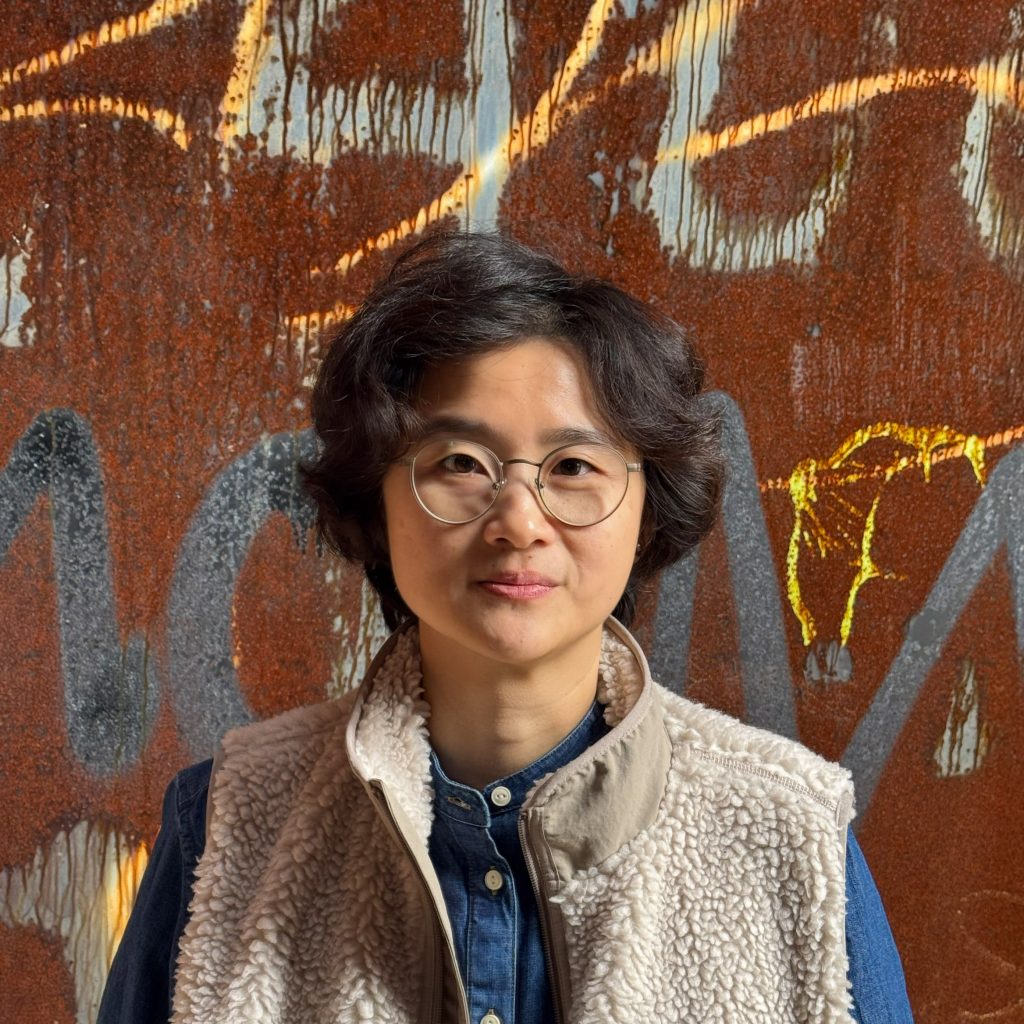The Anthropocene has profoundly transformed humanity’s relationship with nature, from physical environments into digital realms. While environmental art has been widely examined through the lens of ecological activism, its role in confronting spatial abstraction and the nature–culture divide remains underexplored. From Allan Kaprow’s participatory environments to contemporary site-specific festivals and exhibitions, artists continue to bridge this rift. This project investigates how environmental art serves as a platform for societal reparation through phenomenological inquiry, the preservation of cultural memory, ecological restoration, and digital intervention. Drawing on historical materials and recent exhibitions, it analyses artistic practices and curatorial strategies to explore how they address socio-environmental justice across diverse cultural contexts and envision future scenarios for transforming landscapes and ecosystems. The project seeks to develop an eco-aesthetic framework that foregrounds art’s potential to challenge power structures in the Anthropocene.
DR. YI-TING WANG
CURRICULUM VITAE
Yi-Ting Wang received her PhD in aesthetics, sciences, and technologies of arts from the University of Paris 8 in 2023, where she was affiliated with the Laboratory Arts des Images et Art Contemporain (AIAC). Her doctoral research examined environmental art in France (1970–1990) that challenged modernist spatial paradigms through site-specific interventions. Supported by fellowships from Taiwan’s Ministry of Education and Ministry of Science and Technology, she has presented at several international conferences. Her current project investigates Anthropocene art, tracing reparative artistic strategies from 1958 to 2025 that bridge the nature–culture divide by restoring degraded landscapes, preserving endangered cultural memory and ecosystems, and reimagining spatial representation in material and digital forms. This interdisciplinary inquiry aims to articulate an eco-aesthetic framework for cultural reparation.
